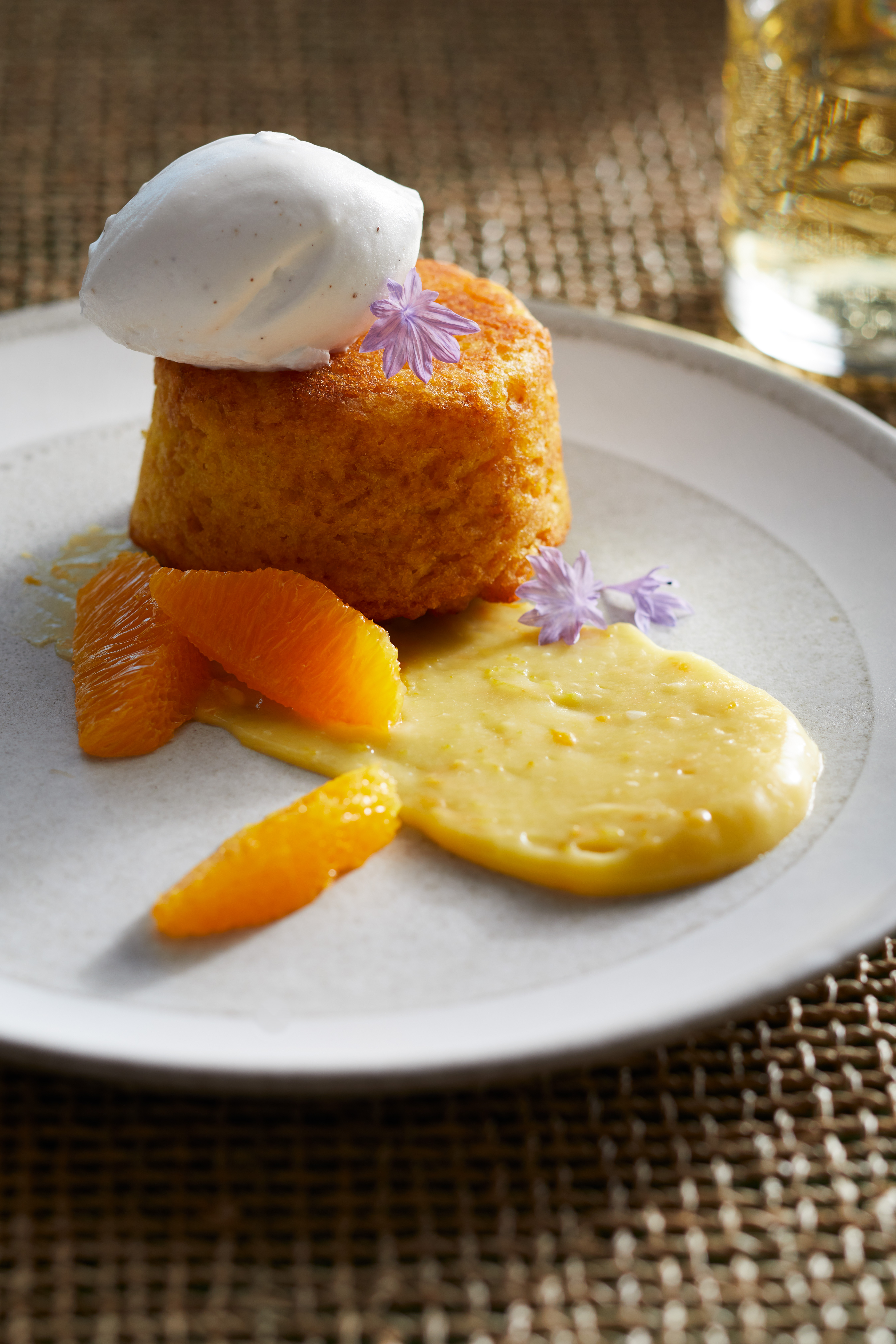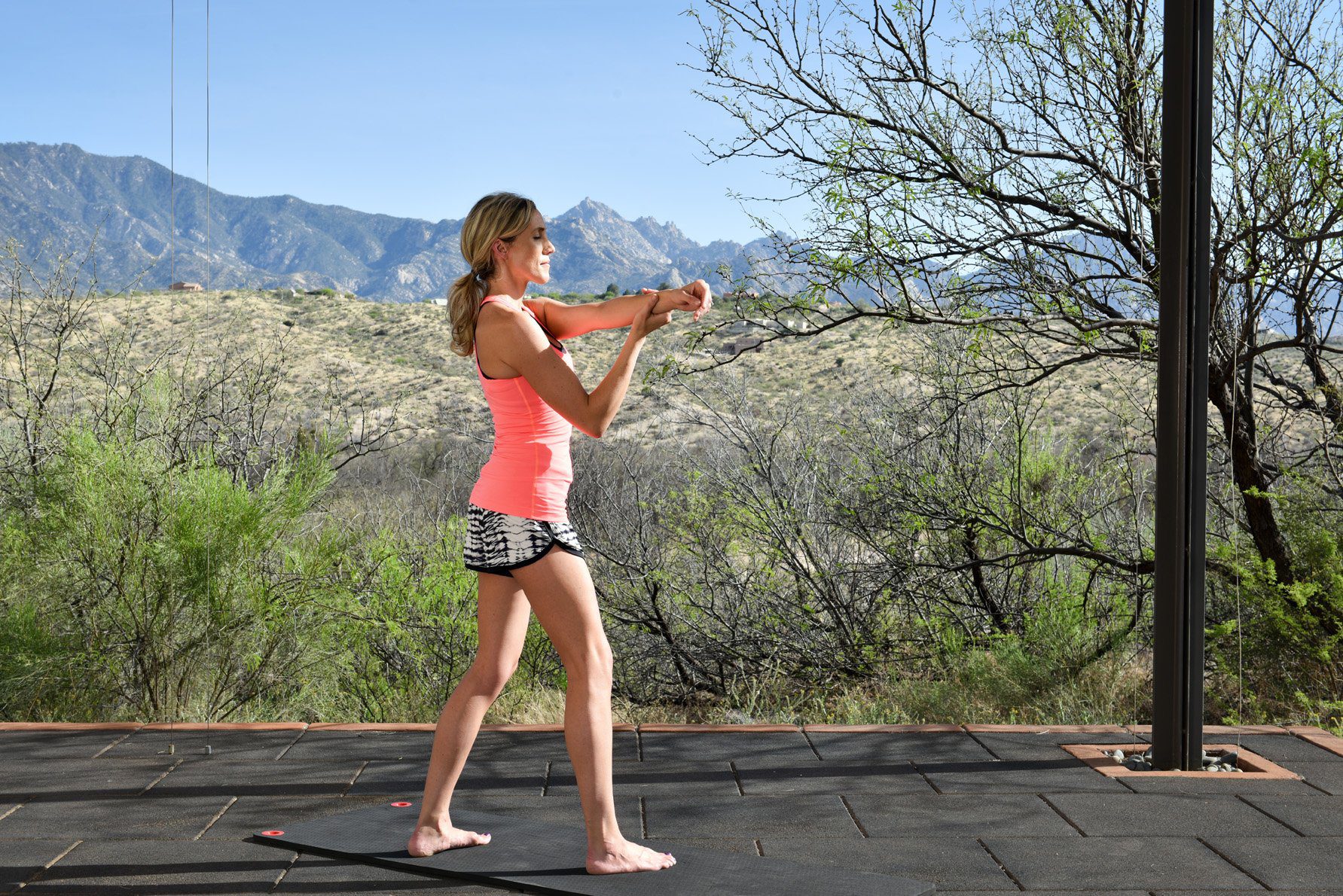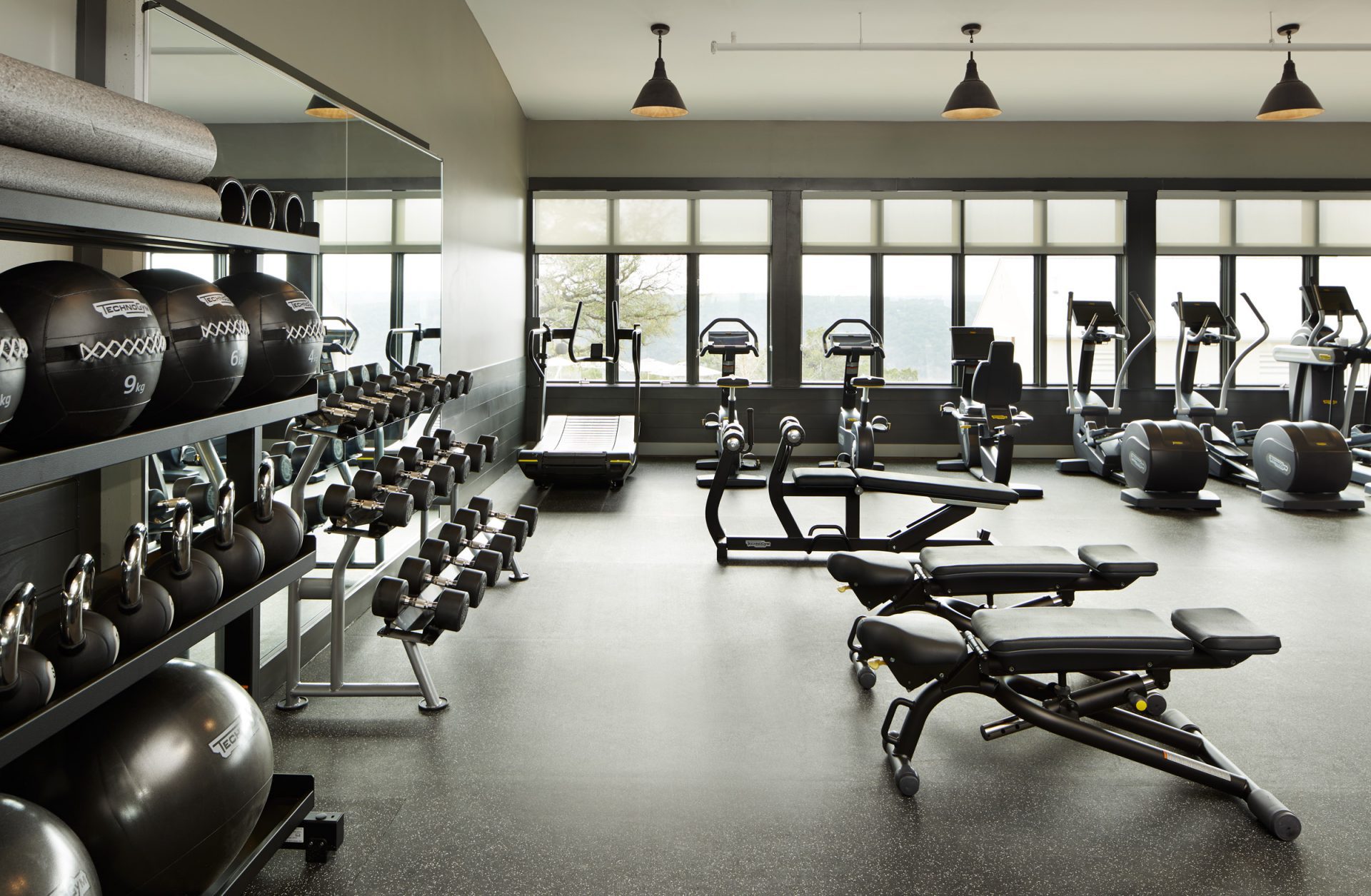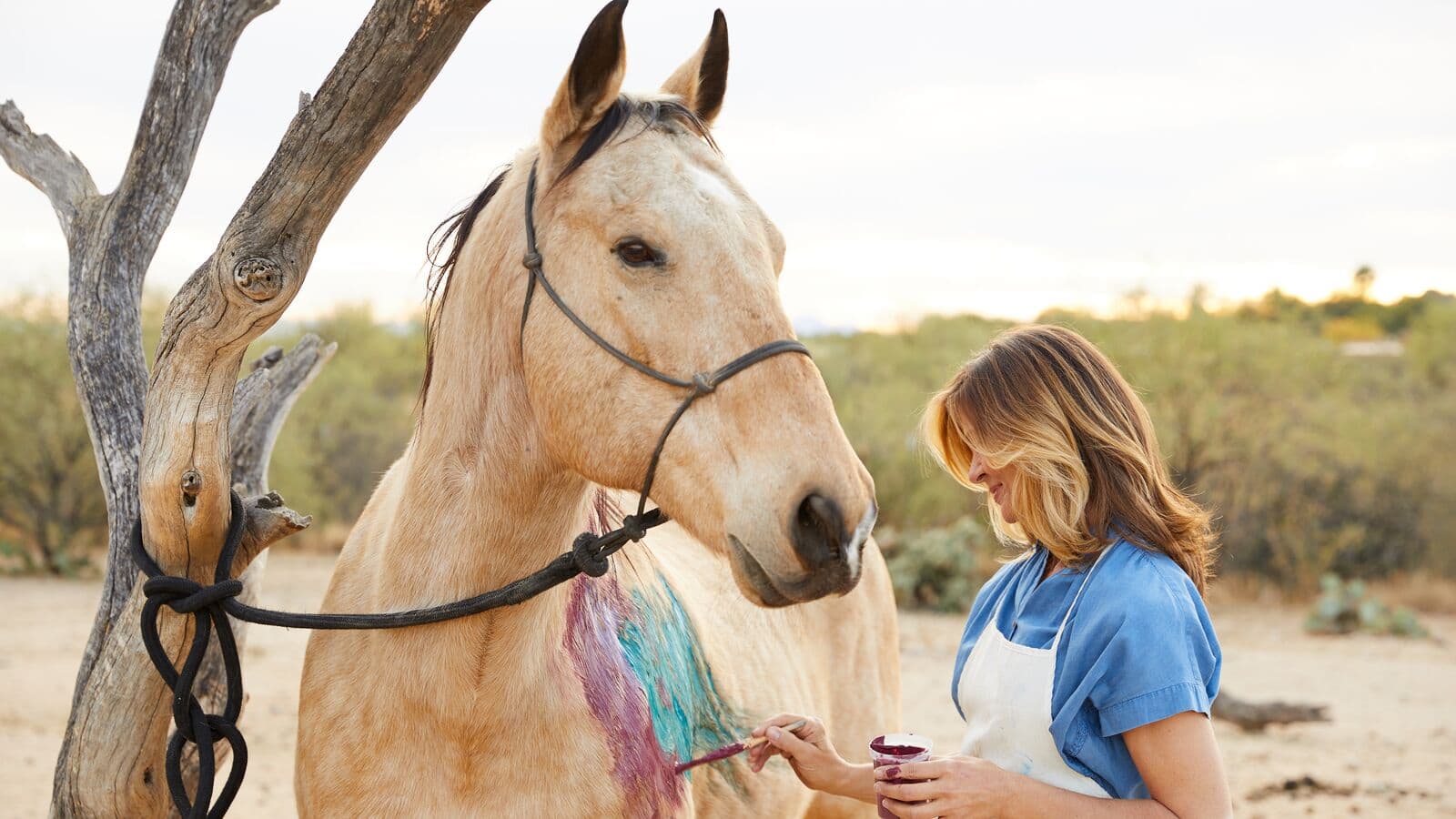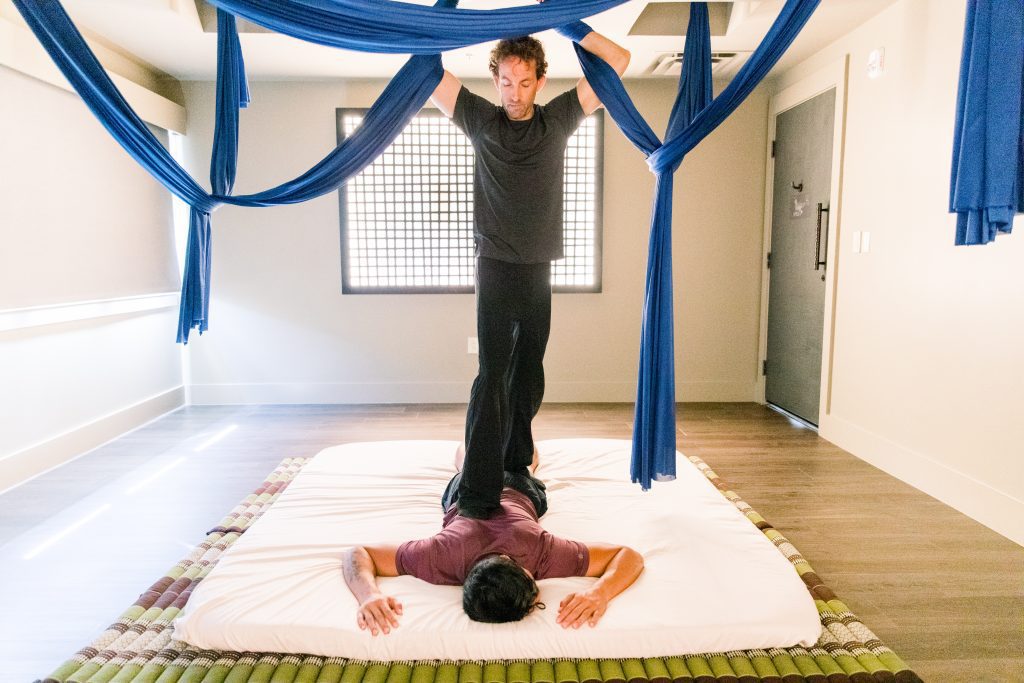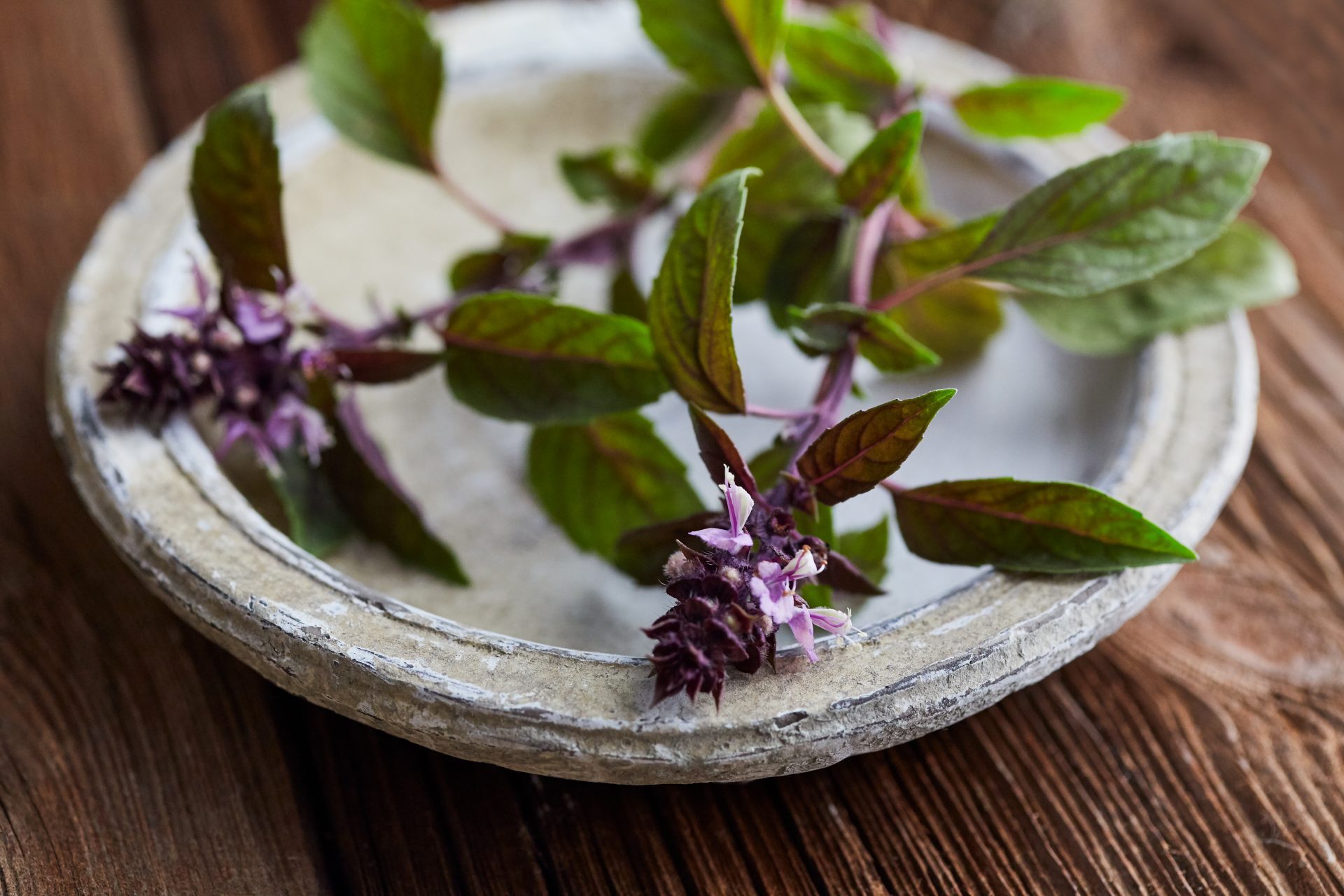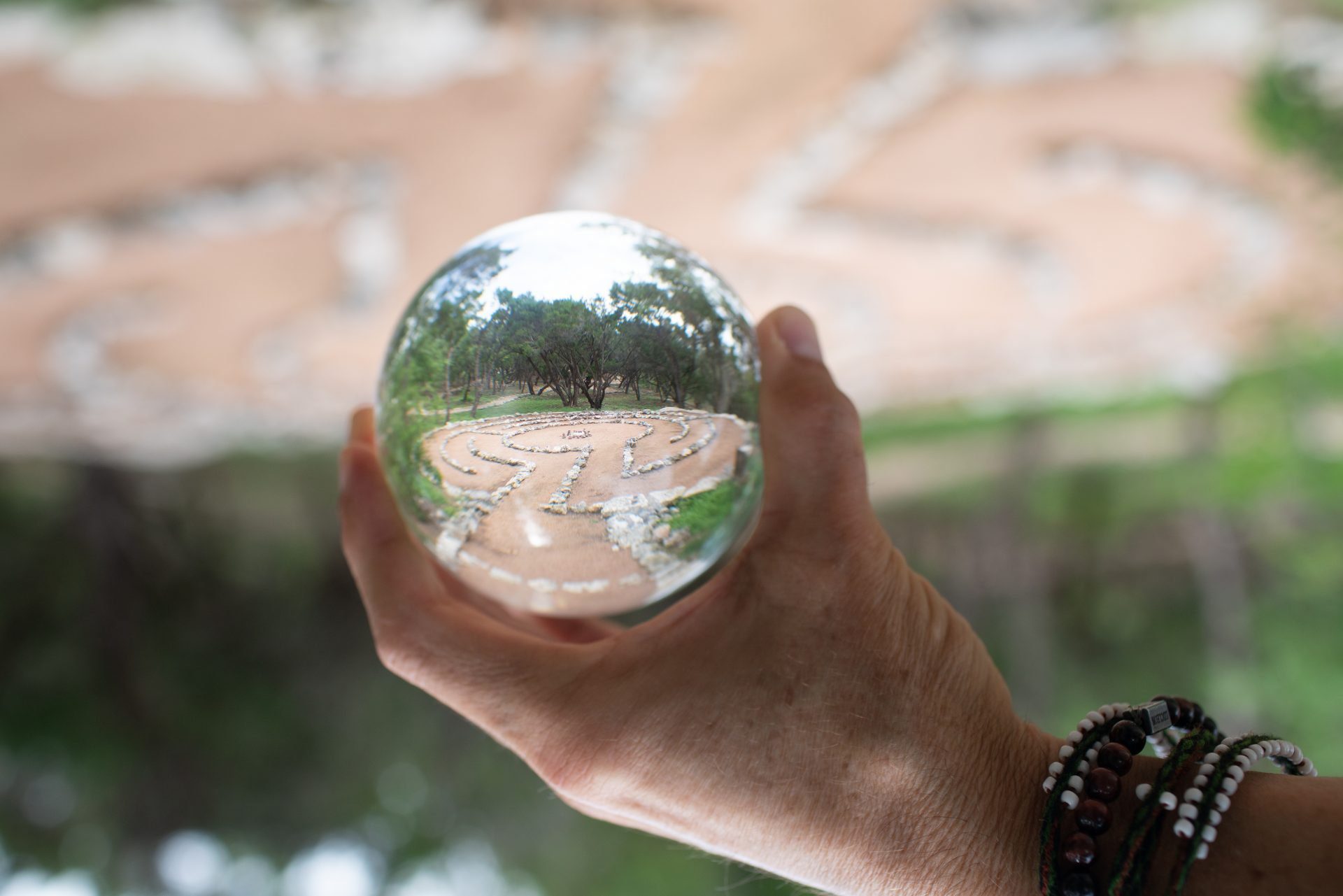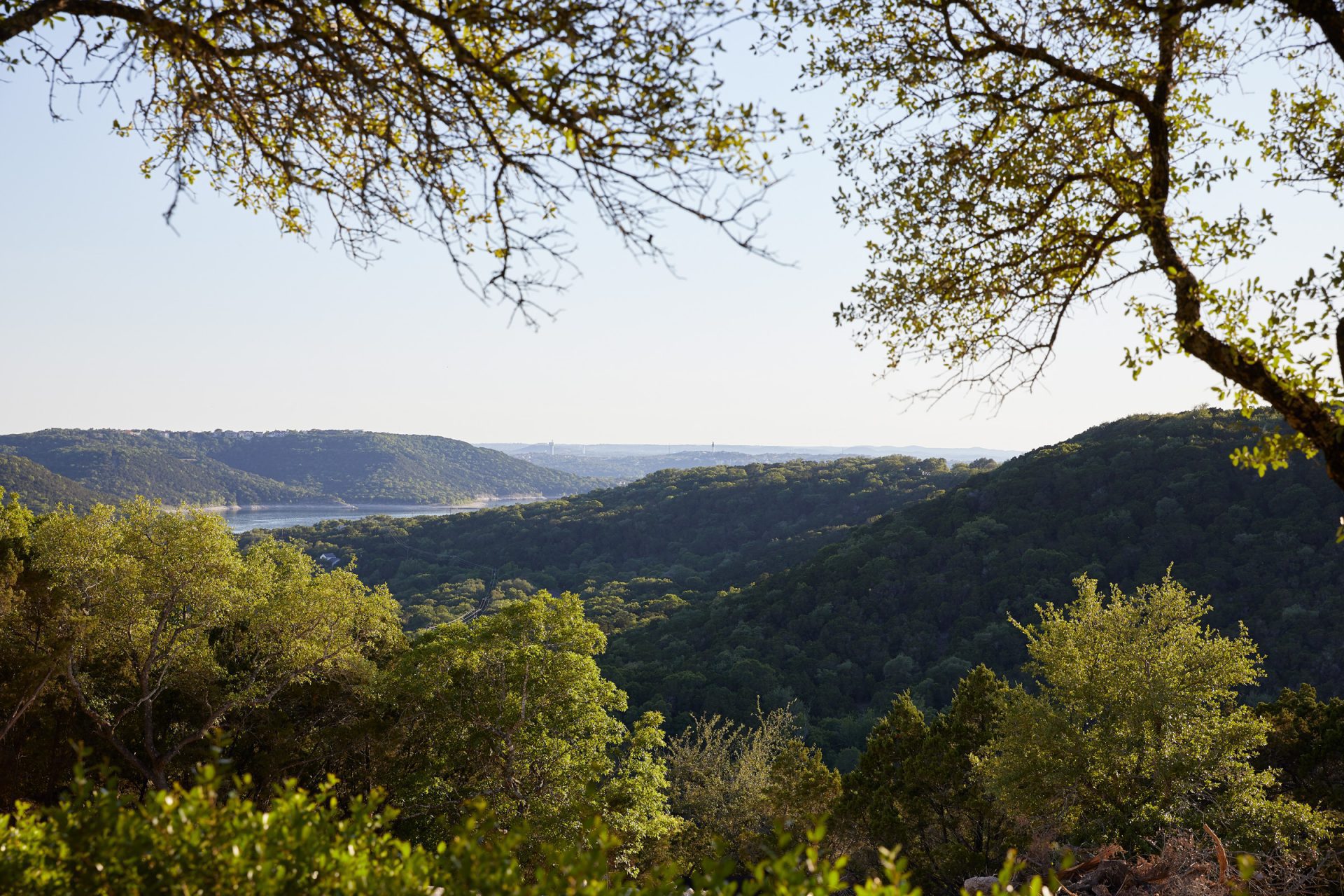Huma Abedin, Both/and: A Life In Many Worlds
By Araxe Hajian
What We’re Reading
To read Both/And is to follow a life’s journey that is both unfathomably foreign and strikingly familiar. I read this book on my last visit to Miraval, sitting in my favorite fireside spot at The Roost. It was snowing in April – also a time of both/and in the Berkshires: a day that feels like both winter and spring, a sky holding both snow and sunshine. It’s a title that invites us to accept both parts of a whole simultaneously, two fragments unaccustomed to sharing space.

Huma Abedin begins her memoir by telling us that she “grew up surrounded by stories.” And the story she tells engulfs us in a sweeping tale of trust, betrayal, heartbreak, and healing.
Oscar de la Renta, her long-time friend who designed her exquisite wedding gown, once likened her to Scheherazade, the beautiful queen and weaver of stories from “One Thousand and One Nights.” Like Scheherazade, Abedin was called upon—starting as a White House intern and eventually becoming Hillary Clinton’s trusted aid and advisor— to use her wits and skills to think on her feet and fix any situation. She credits her mother for instilling this trait in her.

Photo by: Sonya Herbert/The Obama White House
It’s fitting that Ms. Abedin is visiting Miraval Berkshires on Mother’s Day, a time to honor the women who loved us into being, whether they appeared in our lives as biological mothers, chosen nurturers, or found mentors. A large part of her story roots itself in the firm foundation her parents gave her and the tradition she continues as a mother. She dedicates her memoir to her parents, who taught her to “live fully,” and her son, who taught her “to love unconditionally,” telling her story as both mother and daughter, storyteller and listener.
In an early chapter called “A Point of Light,” Abedin mourns the loss of her father and honors her mother’s remarkable resilience. “If I needed to bring cupcakes to school the next day, I would fall asleep to the smell of baking from the kitchen. If I needed an outfit for a costume party, she sat down at her sewing machine and whirred away.” She reflects on the impact her mother had on her and on the scores of other women she inspired. “She had found her calling: mentoring a generation of women to find their own purpose, whatever that might be. She was, in other words, a total badass.”

No Accidents
Abedin grew up in a home filled with books and newspapers. When she was young, her father brought her a copy of Silas Marner by George Eliot (a.k.a. Mary Ann Evans). “Abbu,” she asked her father in confusion, “why didn’t she just use her own name?” He explained that women weren’t taken seriously by writers in the Victorian era but presciently told her, “When you write your book, you will use your own name. And everyone will take it seriously.”
She fulfilled her father’s prediction, but she couldn’t have known then that her own life would return to parallel themes of the book she held in her hands as a child. At Miraval, we often say there are no accidents, but there is a strong sense of synchronicity. When we seek connection and coherence, the signs appear.
It is no surprise that this story she recalls from her youth is significant for both its author (who wrote as both man and woman) and its narrative arc. Silas Marner is also a weaver whose story’s warp and weft reveal betrayal by a best friend and a broken heart. Secrets, society, community, and companionship take Silas on a similar journey of loss, integration, parenthood, and purpose. Written in 1861, it’s a novel people might have read right here on the Wyndhurst Mansion’s Great Lawn in a bygone era of Gilded-Age grandeur.

Abedin tells us we can slip the shackles of our saddest stories by choosing how we respond to them. We have agency over what endures, and the message we extract from our narrative is what lingers. It imprints onto our minds, stamps itself on our spirits, and has the power to bind or unburden our bodies. She has made her choice in these pages, and what emerges and endures is love. It is presence, and it is hope.
And even if we don’t have the same blessing of mother or mentor that Huma had, we can become that source for others. We can mother ourselves; we can look to our highest selves to serve—to share with others and create a sisterhood of solidarity, a brotherhood of balance.
Growth Through Transformation
The book begins with a chapter called “Denial” and ends with “Suffering is Optional.” It’s a familiar arc for our Miraval Family. How many of us first came to Miraval wishing we could disown our most difficult moments?
It takes several hundred pages of Both/And to move from that opening chapter title to a space where agency is earned by facing fear, pain, and misfortune. Abedin propels us from the stasis of denial to a path through pain by holding hardship in the same hand as hope. We create action through authenticity. Suffering, Abedin learns, might be on the trail she has had to hike, but it’s not where she chooses to pitch her tent.
At Miraval Resorts, we often talk about transformative learning and how much of that learning happens outside of our comfort zones. Abedin has spent plenty of time in discomfort. As she puts it, “I have walked through fire and it didn’t destroy me.”
Her emotional journey of peaks and potholes—from the glow of first love to the dull ache of despair and back to a mindset of recovery—takes us through the public arena of politics and scandal, historical triumphs, and tabloid tragedies. Yet beyond the fascinating unfurling of global events, the glimpses of her growth and humanity resonate and rise above the borders of geography to expand our notions of faith, authenticity, and identity.

Photo courtesy of Opal Vadhan
We can tell our stories—not just for survival like Scheherazade or in secret like Silas Marner, but with both gratitude and growth. We can read Abedin’s book and grasp the idea that without the husband who broke her heart, she wouldn’t have the son who mends it every day. We don’t get to choose what brings light or loss into our lives, and we don’t get to parse out the parts we prefer. We celebrate our bounty alongside our blunders. And, Abedin reminds us, we are better for it.
We all have our guides who help us set our intentions. At Miraval, we reach out to outdoor coaches to harness us safely when we fly through treetop challenge courses. Specialists hold space with us in spiritual practice, breathwork, introspection, and meditation.
Abedin, throughout her story, is guided by her Islamic faith, American identity, and an unwavering belief in her purpose and passion.
“True believers in Islam are not expected to be passive supplicants. We are taught to pursue knowledge, to question, to push ourselves to greater understanding of the purpose in our lives…You are not making a prayer to just leave it all in God’s hands. No, you make an intention. Whatever it is.”
This book offers a living example of mindfulness in motion. Abedin examines each aspect of her life, from her origins and ancestry to the experiences that shaped her present day. Each chapter makes us feel her losses without wallowing in a past of ruminations and resentments or pining for a future out of reach. Even as she faces the barrage of reporters and riffraff who might have made a less grounded person waver into the land of would-haves and should-haves, she keeps us in the here and now of every moment. We jet-set with her to lofty locales and larger-than-life social circles, and we free-fall at her side through the follies of life’s messier or mundane moments.
“So,” she asks, ”what is on the other side? For one, resilience, as I have seen in my brave little boy. And maybe something else.”
That something else is a thing we all seek—something beyond our stories, beyond our suffering—that awakens a sense of gratitude inside of us.
“Each day I get to wake up healthy and whole,” Abedin writes. “I get to love and laugh. To work and learn. To continue to explore the wonder and adventure that is motherhood. To welcome new relationships with an openness and excitement I never allowed myself before. Each day brings a new experience, a new challenge, a new opportunity, and a new level of happiness, satisfaction and yes, maybe even eventually—bliss.”
Like the best storytellers, Abedin helps us understand our mind’s power to rewrite the narrative we are given, transform how we express it, and integrate its wisdom into our hearts.
When I turned the last page of Both/And, I found myself clutching the covers and closing my eyes, doing that thing we do when we don’t want a story to end. We can only hope that Abedin shares the next chapter of her tale with us and takes us on another journey into her many worlds. And we hope it’s another yarn that is both wondrous and wild.

Miraval Berkshires is honored to welcome Huma Abedin and feature her New York Times best-selling memoir, Both/And: A Life in Many Worlds, as part of our “What We’re Reading” series.
Visit Miraval Berkshires May 6-8, 2022 to meet Huma, discuss lessons and themes from her book, and participate in Miraval activities together.
Araxe Hajian is a senior writer who covers wellness stories and specialist offerings at Miraval Resorts & Spas.










